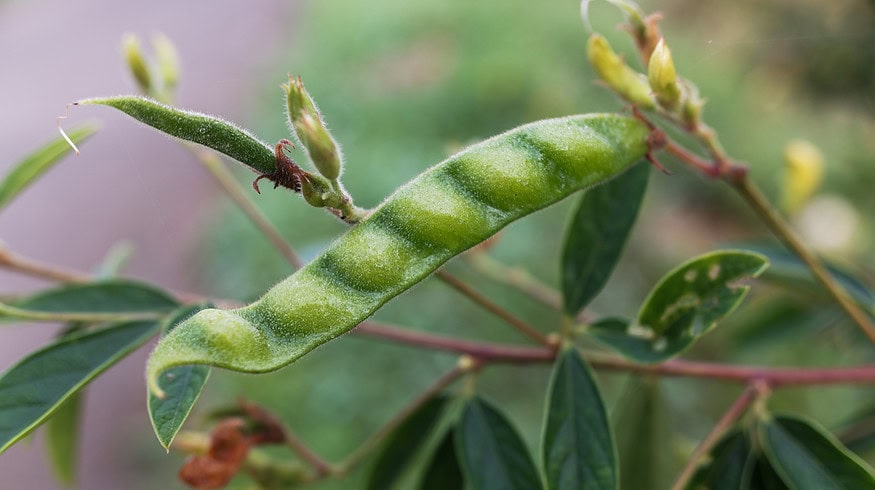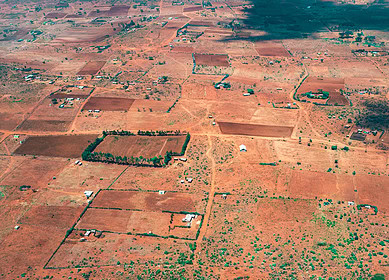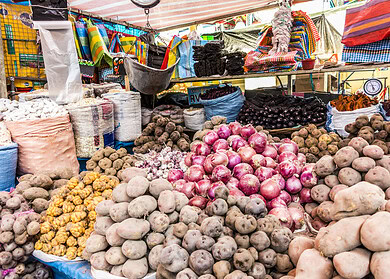Kenyan farmer discovered new promising pigeon pea variety

In the arid landscape of Machakos County, Kenya, where farming conditions are notoriously difficult due to erratic weather, a local farmer has turned a new leaf in agricultural success. Festus Muthoka, a resident of Ndeini village, has significantly improved his livelihood through strategic crop decisions and the adoption of a novel pigeon pea variety, ‘Mituki’. This shift has led to higher yields and increased income, demonstrating a remarkable transformation from traditional farming methods to innovative agricultural practices.
After several years of struggling with inconsistent rainfall while growing maize, beans, and local pigeon peas, Festus found a promising alternative in the Mituki variety of pigeon peas. “When I couldn’t find a job in Nairobi, I returned to the countryside and realized that the fields held more potential for me,” Festus remarked. Mituki matures in just four and a half months, compared to the nine months required by traditional varieties, and can be harvested multiple times a year. This shorter maturity period and the variety’s ability to stay green have made it particularly valuable, especially for selling to local hotels.
Now in his third year of cultivating Mituki, Festus has expanded his farm operations to 4-5 acres and plans to increase this to 10 acres in the upcoming planting season. His initial harvests alone have brought in over US $1,500, a testament to the variety’s profitability.
Rael Karimi, a researcher and breeder at the Kenya Agricultural and Livestock Research Organization (KALRO) in Katumani, has been instrumental in developing the Mituki variety. “We identified a gap in the local varieties, which took a whole year to mature. Farmers needed early- to medium-maturing varieties with market- and farmer-preferred traits, such as larger grains and pods for ease of shelling for green vegetables,” Karimi explained.
The development and release of Mituki in 2018 were driven by extensive testing and active farmer participation, ensuring the variety met the specific needs and conditions of local farmers. Promotion efforts have included field days, which play a crucial role in educating farmers about the benefits of new varieties and encouraging the adoption of high-quality seeds.
Chris Ojiewo, seed systems lead for the Dryland Crops program at CIMMYT, emphasized the importance of maintaining seed purity and good farming practices to prevent issues like genetic impurity and disease accumulation, which can arise from seed recycling. CIMMYT and the Accelerated Varietal Improvement and Seed Systems in Africa (AVISA) Project have supported the production and distribution of quality seeds, further boosting the adoption of improved varieties.
As Festus plans to further expand his farming operations, his success story serves as a beacon for other farmers in the region, demonstrating the viability of adopting innovative agricultural techniques and varieties tailored to challenging environments. The continued support from CIMMYT and collaborative efforts in crop breeding are expected to sustain and enhance this positive trajectory, promising a brighter future for pigeon pea cultivation in dryland areas.
Enjoyed this story?
Every Monday, our subscribers get their hands on a digest of the most trending agriculture news. You can join them too!














Discussion0 comments